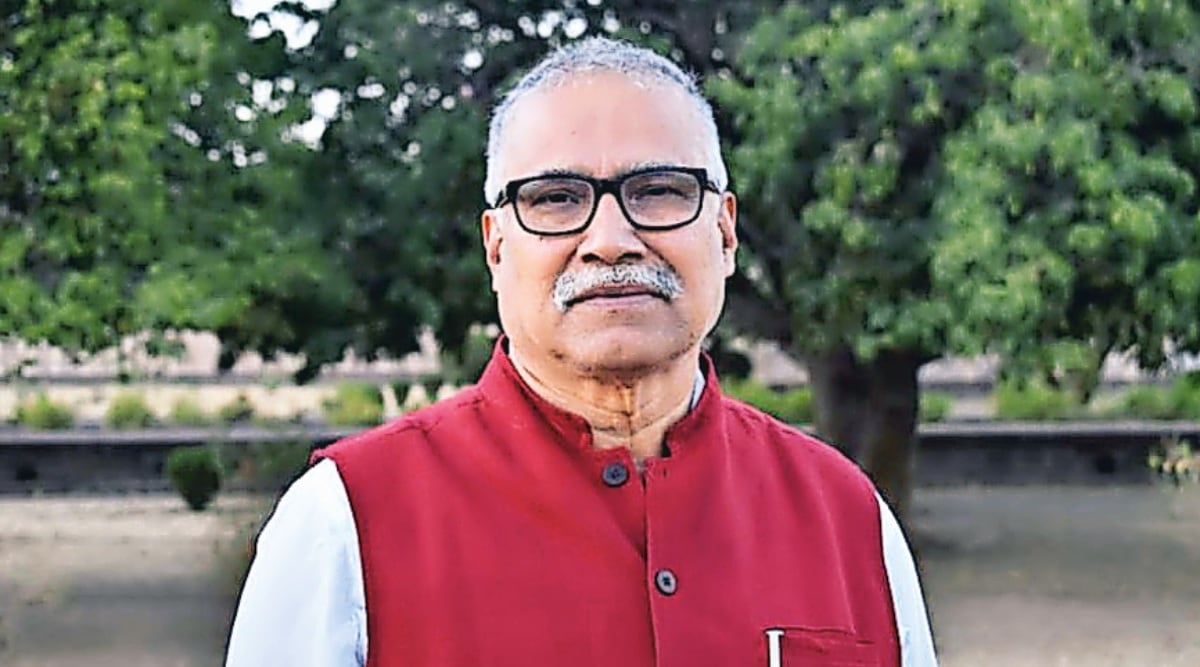 Dolphy D’Souza, the Mumbai Project Lead of the Commonwealth Human Rights Initiative (CHRI). (Express Photo)
Dolphy D’Souza, the Mumbai Project Lead of the Commonwealth Human Rights Initiative (CHRI). (Express Photo)Recently, Mumbai Police arrested two boys – aged 19 and 20 – in connection with a rape case. The police allegedly tortured the duo only to later find out that they were not involved in the crime. Mohamed Thaver talks to Dolphy D’Souza, the Mumbai Project Lead of the Commonwealth Human Rights Initiative (CHRI), about safeguards against police excesses and the role of civil society groups in building bridges between the citizenry and the police.
Recently, there was a case where two boys were wrongly arrested on rape charges and tortured. Such instances of wrongful arrests and torture have taken place in the past as well. What is the way out of this?
Unfortunately, several sections of the police still have the “danda mentality”. They believe that beating up people is the only way of solving crimes. There is a need for a robust system of grievance redressal. In the Dharavi case, the parents of the boys were lucky to get access to the joint commissioner of police who intervened.
But imagine what happens when people do not have access to senior officers. Earlier, police stations had a banner carrying numbers of senior officers whom the police could contact. There are regular DCP visits to police stations as well. But all this is not publicised, which is why people do not know about it. Accessibility to senior officers is a major part of ensuring such grievances are taken care of as in most cases, senior officers do intervene in such cases.
Best of Express Premium
What are the other factors in your opinion that would help police develop a good relationship with citizens?
Earlier, there was a suggestion that ‘crime victimisation survey reports’ should be prepared. As part of this, citizens who approach police stations will be surveyed on the basis of their experience and the information thus gathered will be collated for the report. This would give senior officers and law makers a realistic picture of what the citizens feel about the force and what are its expectations. Earlier, there were suggestions – both at the Centre and state level – to prepare such reports. Unfortunately, this plan did not see the light of the day.
What role do citizens’ groups like yours play in bridging the gap between the police and citizens?
Among the several initiatives undertaken are better access to police station for women and children, especially in cases of domestic violence. Usually, in these cases, women are not confident of approaching the police as often cops tell them it is “ghar ka mamla (domestic matter)” and advise them to resolve it at home. We talk to these victims and give them the confidence to approach the police.
Police should make use of the network of civil society groups to know about the issues facing the community. For example, during the pandemic, the Malad police, with our help, had reached out to slums in the area and told the women and children that if there are any issues related to sexual violence, they could reach out to the police. Such outreach programmes help.
Maharashtra had fared poorly when it came to implementing the police reforms ordered by the Supreme Court in the Prakash Singh case. What is your take on it?
The police reforms are cosmetic and at variance with what is required. I believe only when there is outcry among the people that there will be transformation of the force from the “ruler’s police” to “people’s police”.
- The Indian Express website has been rated GREEN for its credibility and trustworthiness by Newsguard, a global service that rates news sources for their journalistic standards.

